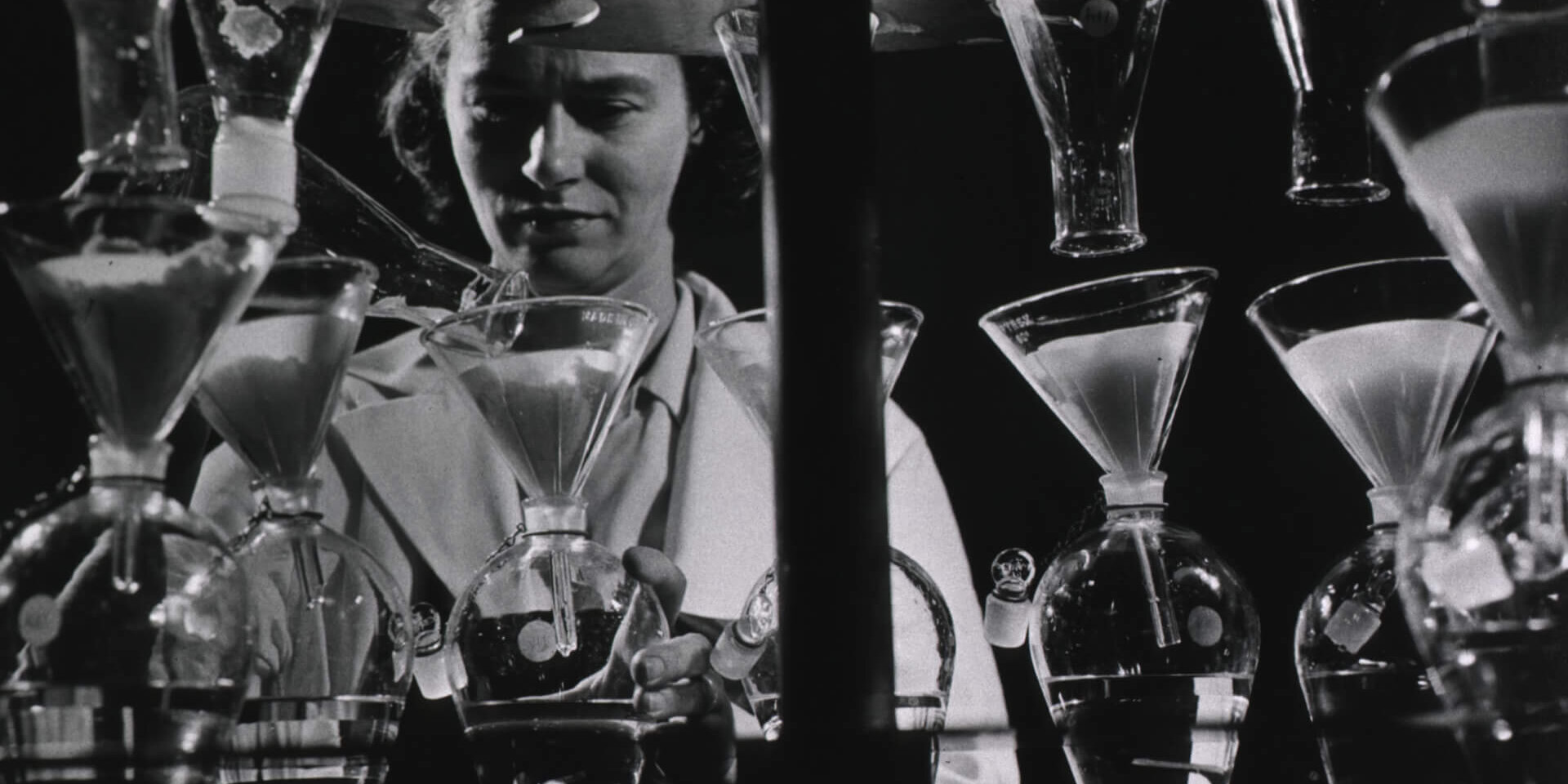
This event is the 10th Standing Committee for Gender Equality in Science (SCGES) webinar and is the contribution of the SCGES to the 2024 IUPAC’s Global Women’s Breakfast. The event will be held in hybrid format (online and in-person) on 27 February 2024.
The presentations concentrate on two specific challenges:
How to create a museum about mathematics in the light of gender gap issues
Designing a whole museum about mathematics is tremendous endeavour, in which pitfalls regarding gender gap are lurking. If contributions are made to popularising mathematics among the youth of all origins and gender, the issue of which image of mathematicians are aimed at showcasing needs to be addressed. Geniuses, mostly white men, winning prizes and medals for their outstanding results? Or a more accessible and more balanced world of mathematics, made of diverse people cooperating, of different backgrounds and making their way in a wide variety of manners? The alternative seems easy to settle.
Questions I asked myself & answers I gave to others
When Léa was solicited by Quanto/EPFL Press to write a book about scientific exploration of the Solar System, the first thing that came to her mind was: why should I write a book? Writing a book is very time-consuming and, as a young (mum and) scientist, time is something rare and precious. However, she also thought that, when she was a teenager herself, reading books about science helped a lot in deciding to pursue scientific studies. Moreover, most of the popular science books she could read were written by men, for instance Hubert Reeves or Jean-Pierre Luminet. She accepted to write the book as a challenge: how to write an astronomy book for men and women? why is it important? In her presentation, Léa will explain the choices she made with Quanto for “En quête de planètes” and be happy to debate about it.
Photo by National Library of Medicine on Unsplash